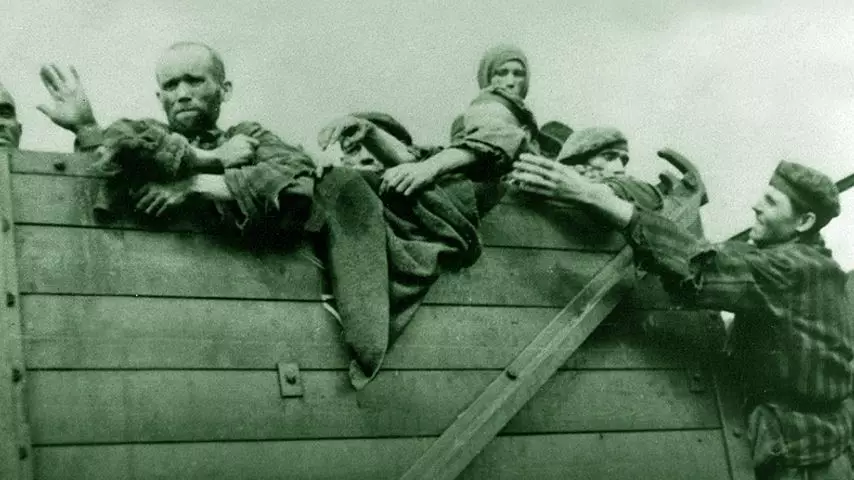
Telling the story of her family has never become easier for 72-year-old Eva Clarke.
Born in a concentration camp in Nazi-occupied Austria, Eva and her mother survived the horrors of the Holocaust and defied death before making a new life in Cardiff, Wales. Their story is one Eva has been telling for close to 20 years, the telling of which has become a full-time job that sees her travelling the country with the Holocaust Education Trust.
She began speaking publicly about her family's story after the 1993 film Schindler's List brought the appalling acts of the Holocaust into mainstream consciousness, and has now shared her story with more than 100,000 people.
Advert
"I just felt that I wanted to do it to commemorate not only my mother - who survived - but my family who perished and also all the other millions and millions of people who perished [in the Holocaust]," she tells LADbible on Holocaust Memorial Day.
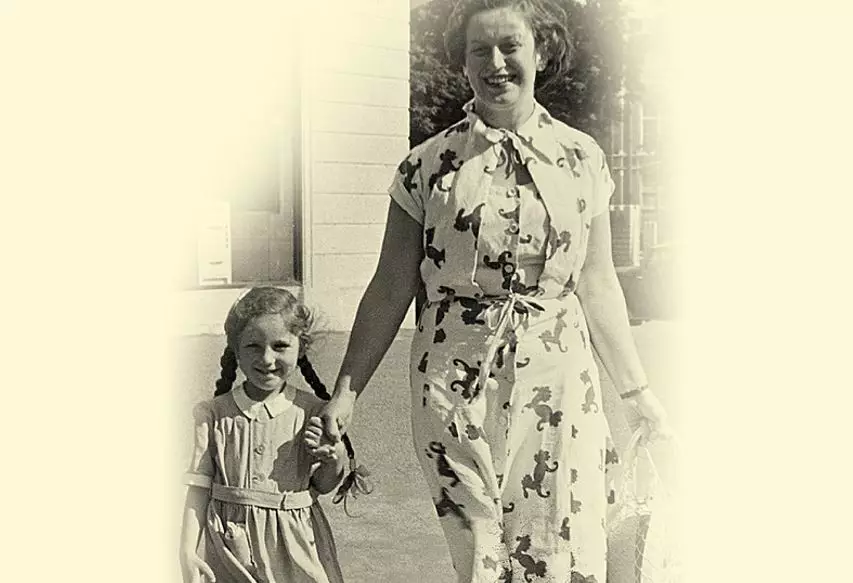
Her story begins in Prague. Her father, Bernd, had fled Nazi Germany and met her Slovakian mother, Anka. They fell in love and married in May, 1940. But the Nazis were approaching, occupying many central and northern European countries as part of Adolf Hitler's Final Solution - the genocide of Jewish people. By 1941 both her parents were in Theresienstadt, a concentration camp in Czechoslovakia. Tens of thousands of people died of malnutrition and disease at the camp. Many were killed outright. Miraculously, the couple survived for three years. Despite segregation of the sexes at the camp, Anka became pregnant. To their horror, the couple were told the baby would be handed over to the Gestapo, the Nazis' state police, and killed. But the baby boy died of pneumonia at only two months old.
News then came that Bernd was to be transferred to notorious death camp Auschwitz. Anka, in the early stages of her pregnancy with Eva, incredibly volunteered to go in order to stay near her husband. The couple were transferred but she never saw him again, and he never found out she was pregnant. He was shot a week before Auschwitz was liberated. Anka would not find out until the end of the war.
Advert
After only 10 days at Auschwitz, Anka was sent to a labour camp. She was hiding her pregnancy from the Nazis, who would have deemed her unfit for work and sent her to her death, but was becoming weaker and weaker in the shocking conditions.
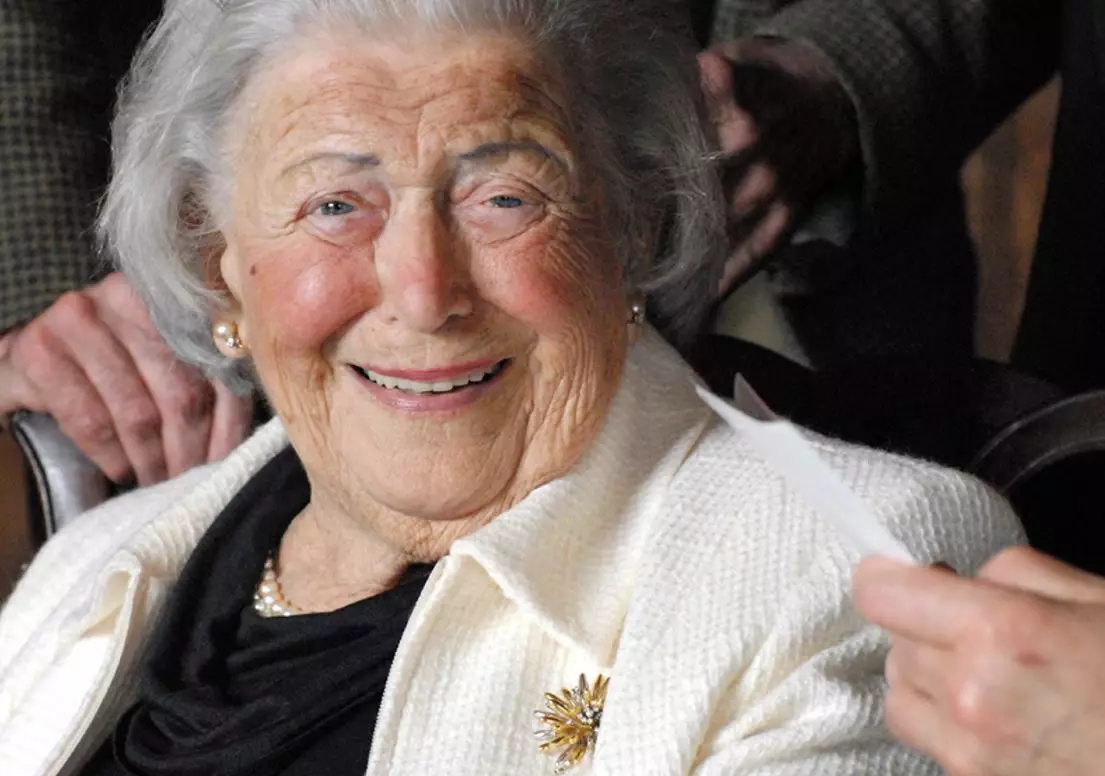
"By the time the Germans realised she was pregnant, Auschwitz had been liberated and they couldn't send her back. She knew of cases where pregnant women were sent back and met with the most horrendous revenge," Eva says.
The Nazis were also losing the war, and allied forces were liberating occupied territories. Anka was to be moved once again. At nine months pregnant, she found herself squeezed in with thousands of other women on a filthy, open-roof coal wagon for 17 days without any food and barely any water - but the kindness of one stranger saved her life.
Advert
"During the 17-day nightmare of a journey, the train was stopped, doors were opened and dead bodies were thrown out. A farmer happened to walk past the wagon where my mother was and he saw her. She always said she could never forget the expression on his face. She described herself as a scarcely living, pregnant skeleton. She weighed five stone (31kg), and she is now nine months pregnant," Eva remembers.
A Nazi guard let Anka drink the milk and Eva's mum maintained that this saved her life. But the horror of the train's destination stimulated Eva's birth, she says.
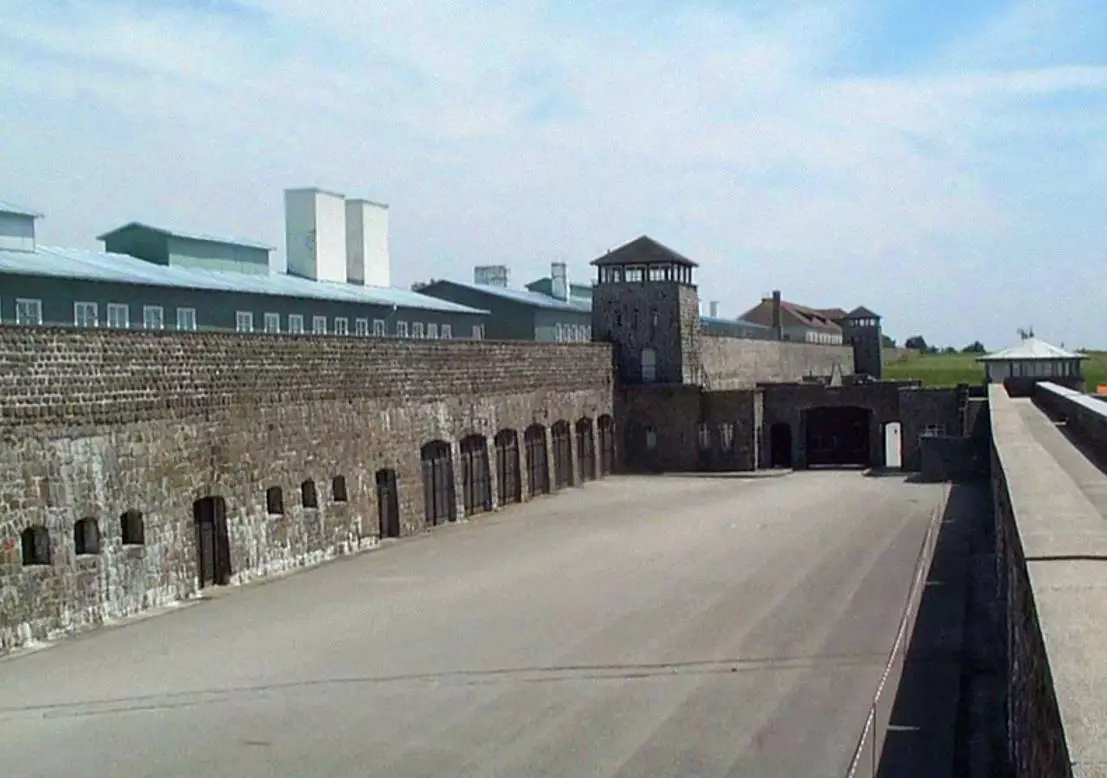
Mauthausen was one of the first massive concentration camp complexes in Nazi Germany, where inmates were forced to work slave labour. The camp was said to have the harshest prison conditions and highest mortality rate in the early stages of the war. By the time Eva's mother had arrived, overcrowding, lack of food and rampant disease led to mass death among the prisoners. At least 90,000 people died in the camp.
Advert
"When my mother saw the name Mauthausen at the station she was in shock. As opposed to when she arrived in Auschwitz not knowing what it was, this time she knew because she had heard about this appalling place early on in the war," Eva says.
"She started to give birth to me on that coal wagon. She had to climb off it unaided and had to climb onto a cart because the prisoners not strong enough to walk up the hill had to climb on a cart. She had people lying all over her, people with typhus, and she proceeded to give birth to me.
"She said she was screaming not only because she was in labour, but also because she felt this was her very last minute on this Earth.
"When I was born, I didn't move or breathe, but the Germans allowed a prisoner who was also a doctor to come to my mother. They allowed it because they could hear guns in the distance [from the approaching Allies]."
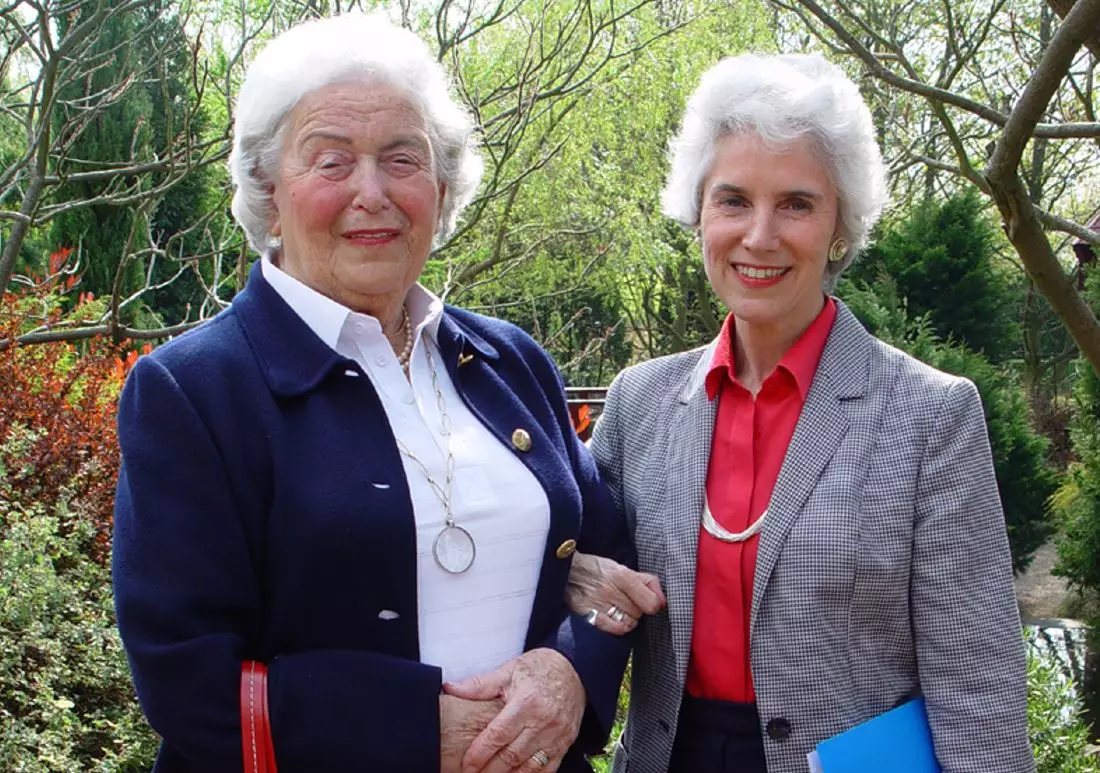
Liberated by the American army, mother and daughter returned to Prague to find their entire family had been killed by the Nazis.
Advert
"While she was still in Prague, my mother managed to find out exactly what had happened to my parents and father and paternal grandparents, and this gave her closure as a lot of people never found out what happened to their family," says Eva.
Anka also found out that she and Eva had narrowly avoided certain death. The Nazis had run out of gas in Mauthausen just one day before she was born. Had they arrived a day earlier, they were likely to have been killed in the gas chambers. Hitler also killed himself the day after Eva as born, which led to Germany's surrender.
Back in Prague, Anka began to rebuild her life. She married Eva's stepfather, Karel, a fellow Czech-Jew who had escaped German-occupied Europe and joined the RAF, in 1948. They immigrated to Wales the same year.
"My parents wanted to leave Slovakia because it was communist, and they wanted to get as far away from Germany and Austria and all the scenes of war time," Eva explains.
"When we arrived in Cardiff, she [Anka] said it was late at night and it was dark and it was pouring with rain, and she said, 'I know I am going to be happy here'. I tend to get emotional over that.
"When I speak at schools I say that although we came legally we might have come as refugees, we might have come as asylum seekers, and we might have come as migrants."
Turning 73 in April, Eva has effectively given up her retirement to raise awareness of the Holocaust and do everything she can to make sure it does not happen again. She plans to head to Mauthausen when she turns 75 in 2020 with other survivors who were born in the camp. The group also met and commemorated their history in 2015.
She says her message of tolerance and understanding is as relevant now as it ever was, with education the key to overcoming prejudice and stopping genocide.
"Unfortunately, these things have not stopped - genocide has not stopped and we really need to counteract them as much as we can the only way is through education," says Eva.
As Holocaust Memorial Day 2018 arrives today, Eva's story is as important as ever.
Featured Image Credit:Topics: World War 2, Feels, Community